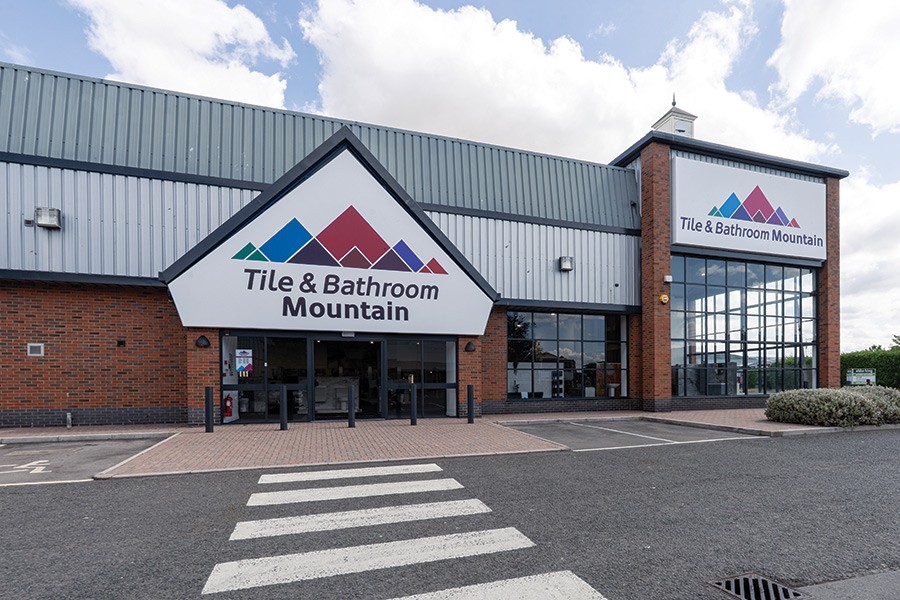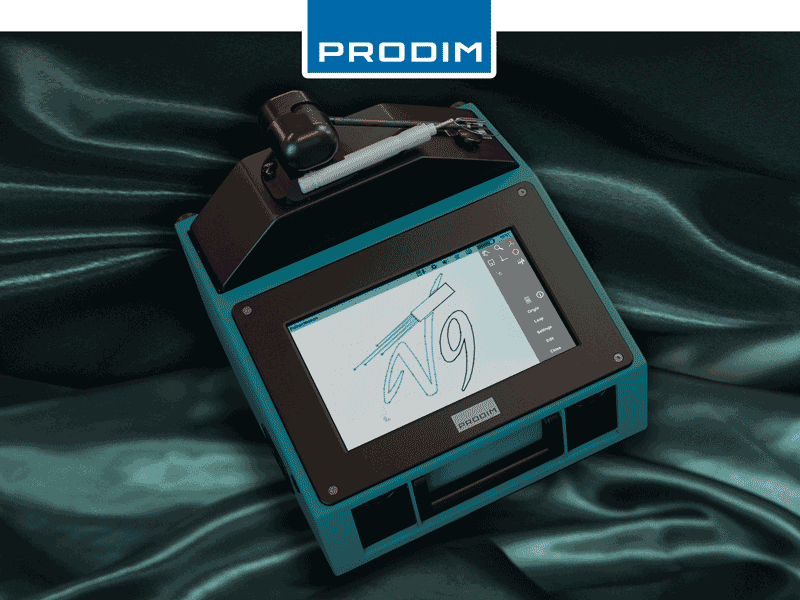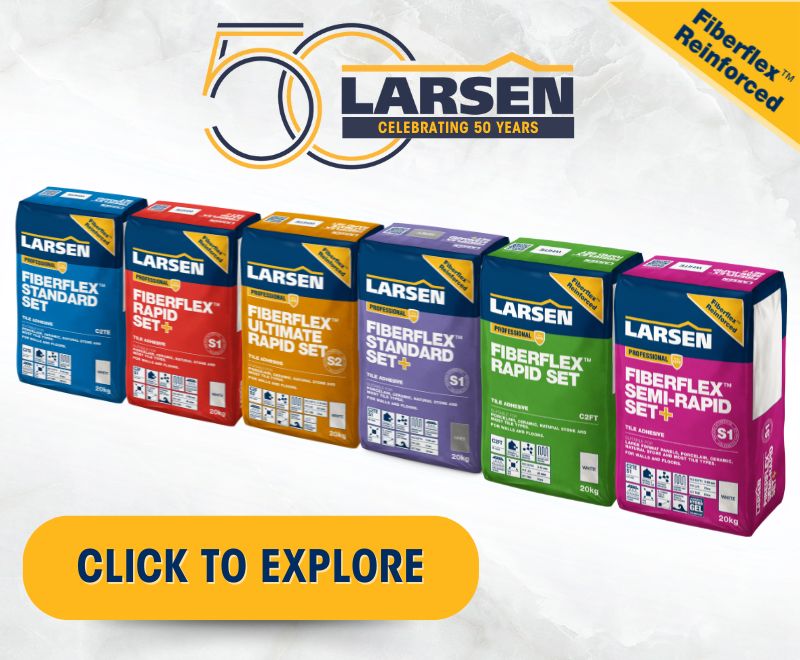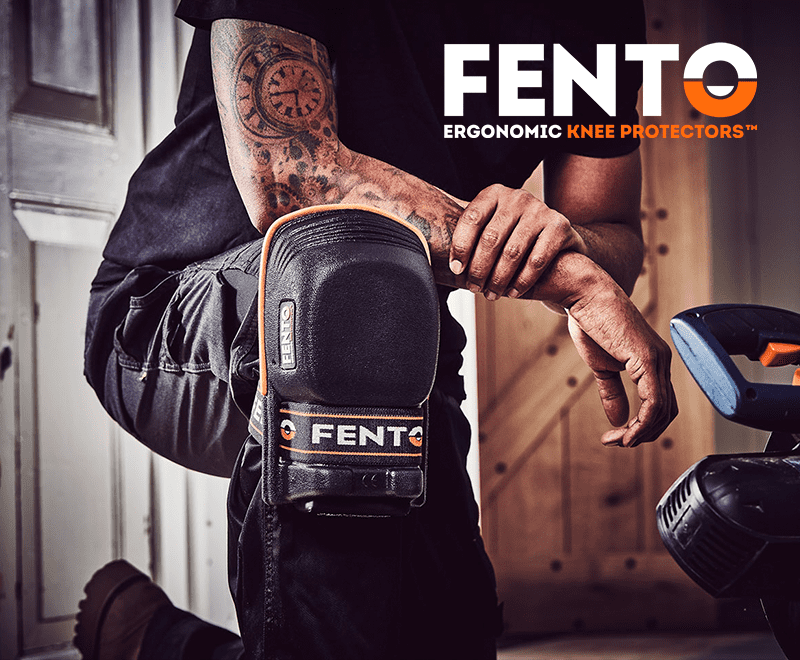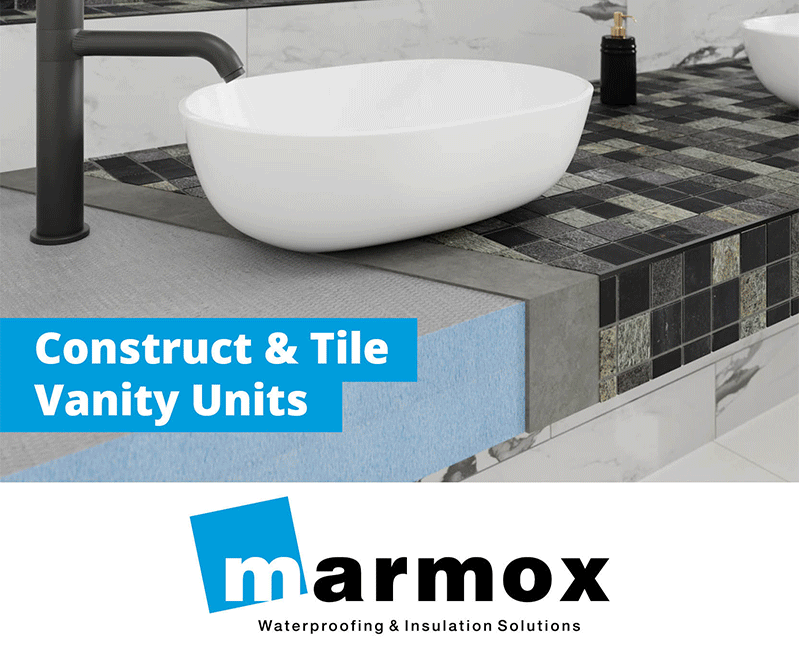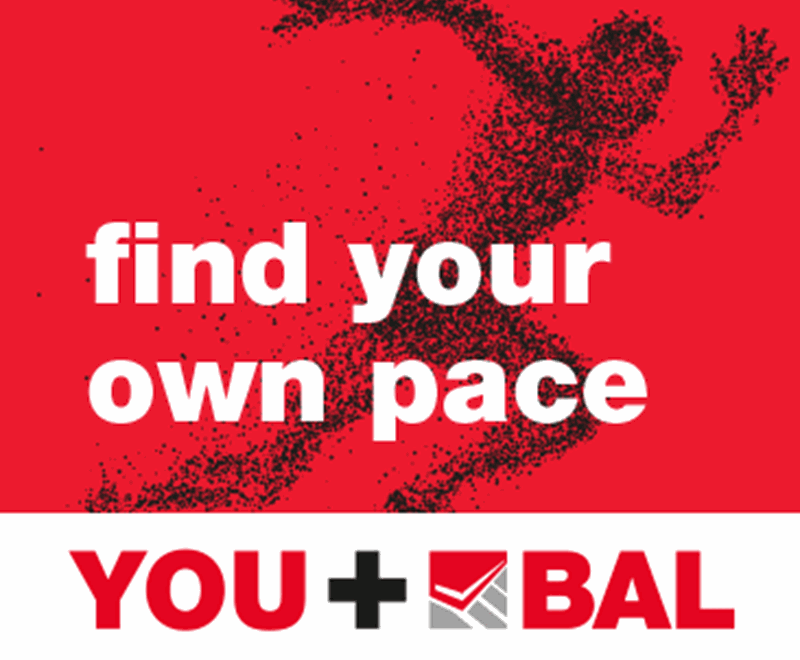Founded by a group of industry veterans back in 2013, Tile Mountain has achieved some enormous commercial success in its decade and change of existence, exemplified by the fact that the business has seen continued growth even throughout the last 12 months of extremely harsh trading conditions. To find out how the company has managed to remain so resilient, we caught up with co-founder and managing director, Jeremy Harris, who kindly elaborated on many aspects of Tile Mountain’s ethos and strategy. Below is a transcript of our conversation, edited slightly for clarity and length.
TSJ: Could you introduce the company for us?
Jeremy Harris: Tile Mountain is a group of businesses entities. You’ve got Tile Mountain, which was the founding business that myself and some other individuals founded 12 or so years ago, based in Stoke-on-Trent. We now also have Walls and Floors as a brand, which is based in Kettering.
Then we also have Bathroom Mountain, which is our bathroom business. And we also have some other sub-brands, Flooring Mountain and we’ve got something called Trepanel, which is our panelling business as well. So, when we talk about Tile Mountain now, it’s a group of entities: its warehouses in Stoke on Trent, a warehouse down in Kettering and showrooms across the country.
TSJ: How has Tile Mountain fared over the past 12 months?
JH: We’ve had a very positive 12 months. We’re a growing business – growing pretty quickly at the moment – and over the last 12 months, we’ve continued to grow our sales, which is good.
We’ve also opened a new automated warehouse in Stoke on Trent to service the bathroom side of our business. That launched in the last quarter of last year and it’s been very successful. We’re also still actively opening tile and bathroom showrooms across the country as well at the moment.
It’s been a pretty busy 12 months and we’re still getting into other product areas as well. We’ve entered into wall panelling at the same time. So, there’s a lot going on but ultimately we’re selling more. That’s the important bit, along with investing heavily in infrastructure, whether it’s warehousing or showrooms.
TSJ: Why is Tile Mountain still growing despite a sluggish economy?
JH: We are a group of individuals who have a long experience of selling tiles in the tiling industry. Previous to Tile Mountain, my background was Topps Tiles. Mo Iqbal, who is our chairman and our business co-founder, he owned Tile Giant before selling it many years ago. So I suppose we’ve got a good background for selling the product, and we’re pretty good on the sourcing side. Ultimately, we run quite an automated, lean business. We’re all about investing in technology to kind of support the back end, that’s crucially important to us.
Why are we so successful? There’s no magic sauce, other than pricing has to be good in the market. It’s a competitive market, so the price has to be good, and there have to be good levels of stock. We make sure we have lots of stock in our warehouses.
Another key piece in our jigsaw is quick delivery, so you order it today and you can get it tomorrow, and the fourth of our key pillars is customer service. Customer service is absolutely crucial. Whether it’s speaking to a customer who phones up with a query, answering an e-mail, answering a chat, or dealing with a customer in store – that bit is crucial.
Then the last thing you’ve got to do in your business is to keep a very close eye on your running costs. As a business, if your overheads are running ahead of your sales, or if your sales are falling and your overheads haven’t fallen in lockstep, that’s where you’ve got a problem.
TSJ: How has the relationship between online and physical retail evolved in the tile industry?
JH: Well, we started our business as an online business. We had one showroom but we started as an online business and certainly that’s a trend across not just tiles – it’s right across shopping experiences. Consumers have embraced online shopping, that’s for sure.
During COVID, that was exacerbated because online shopping went through the roof for a lot of businesses. People got used to shopping online and everything that went with it, so I think any business which ignores online does so at its peril.
But what I do think is that you can have online and showrooms working in harmony, and that’s where we’ve moved to more over the last few years. There’s been a lot of talk in our industry of an online “takeover” that will close shops down and I just don’t think that’s the case. What I think is that every business needs to embrace online because all consumers want to shop online.
But people still want to go into a showroom sometimes. Traders want to go into a showroom, talk to people, buy their product in the morning. Retail consumers want to touch and feel, talk to a product, see it in situ. There’s room for both and over the last 18 months, we’ve grown our store estates to 14 showrooms today. We’ve got another five which we want to try and deliver by the end of this year.
What we’ve tried to do is create an omni-channel approach where people can go online to in-store, or in-store to online, and make it seamless for consumers because there is an online market there, but there also remains a traditional market as well. I think the more successful retailers, not just in our industry but in others as well, are those which have both online and store presences.
TSJ: How important is sustainability to the industry and to Tile Mountain?
JH: Yeah, it’s an interesting question, because I think there are two elements. There’s the element of running your business in a sustainable fashion, for example maintaining big warehouses which are kind of energy hungry. We’re looking at wind power, solar panels, all that at the moment. To do that, to run your businesses while looking at your carbon footprint, there’s a lot going on.
And I think it’s still, in some respects, quite early on in the process for a lot of businesses. But it’s definitely on our radar because the consumer is asking about sustainability. I’ve been in the industry for a long time, and I’ve started to see that come through.
Then I suppose the other element of it is tile production and selling, and I think that’s the lag at the moment, because a lot of manufacturers are still not necessarily embracing sustainability. There is a cost premium as well. There’s quite a big cost premium in fact, which the consumer doesn’t always like.
I think it will come over time. The issue isn’t even the tile producers so much as it’s the equipment suppliers who are supplying the tile producers. There’s quite a chain of events here to address!
www.tilemountain.co.uk


